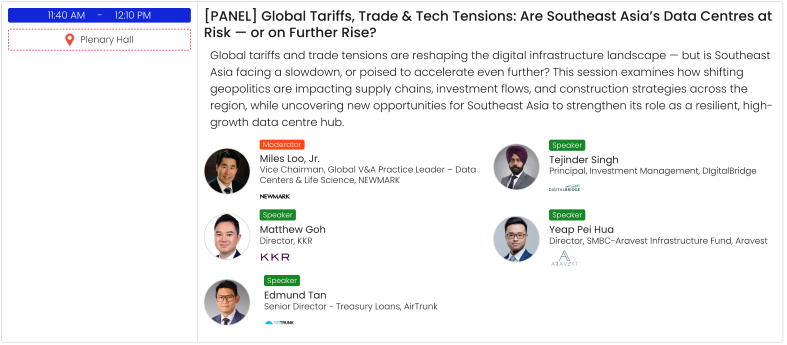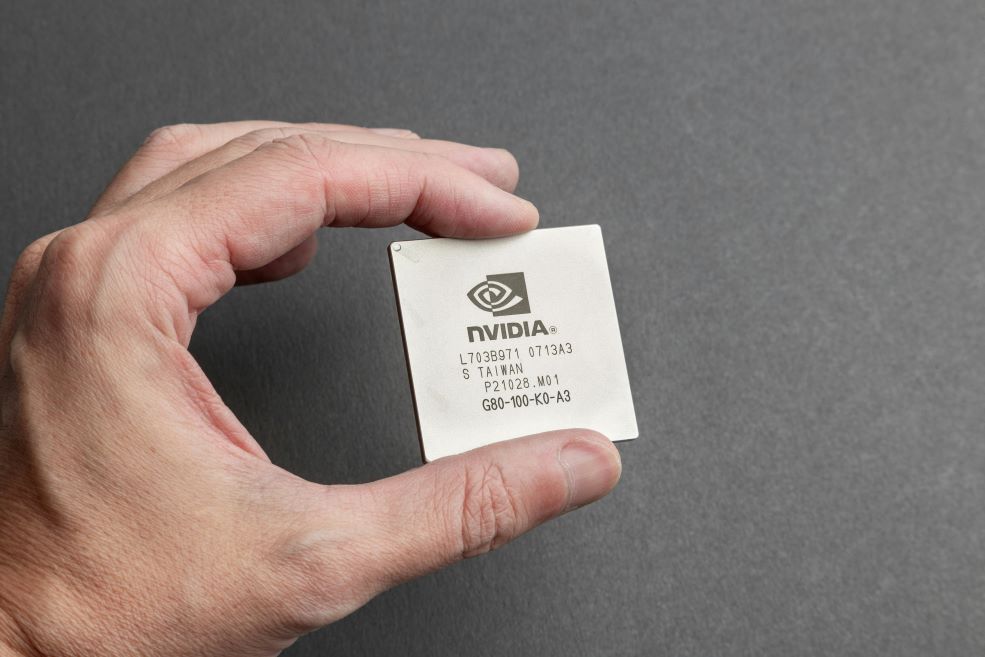The US plans to impose restrictions on shipments of advanced AI chips like Nvidia to Malaysia and Thailand as part of its crackdown on suspected semiconductor smuggling into China, Bloomberg News reports, quoting people familiar with the matter. The US Commerce Department has prepared a draft rule which will prevent China from procuring those chips from the two Southeast Asian countries, according to the people who declined to be named. But as the rule is not finalised yet, things could still change, said the people.
The export curbs on Malaysia and Thailand would include several measures to ease pressure on companies with significant business operations there, people familiar with the matter said. For example, firms headquartered in the US and a few dozen friendly nations could continue shipping AI chips to both countries, without seeking a licence, for a few months after the rule is published, people familiar with the matter said. The licence requirements would also include certain exemptions to prevent supply chain disruptions. Many semiconductor companies rely on Southeast Asian facilities for crucial manufacturing steps like packaging, the process of encasing chips for use in devices.

Officials plan to implement the controls simultaneously with a formal rescission of former President Joe Biden-era AI diffusion rule which imposed global restrictions on China’s chip access. The rule had drawn a lot of objections from US allies and tech companies. The proposed regulation would mark the first formal step in Trump’s promised overhaul of his predecessor’s AI diffusion rule.
But, according to the people, the draft measure is far from a comprehensive replacement. It does not answer, for instance, questions about security conditions for the use of US chips in overseas data centres – a debate with particularly high stakes for the Middle East. It is also unclear if the curbs would be widened to cover more countries beyond Malaysia and Thailand. What is clear is that the US plans to still allow its allies to buy AI chips, provided “they’re run by an approved American data centre operator, and the cloud that touches that data centre is an approved American operator”.
To date, the US has already effectively banned sales of Nvidia’s advanced AI processors to China. According to reports, Nvidia’s stockpile of AI GPUs in China will run out in early 2026. In the first half of 2025, Chinese tech companies are reportedly preparing for an AI future without NVIDIA and are developing chips domestically or sourcing them from other countries.
Nvidia chief executive officer Jensen Huang has previously said there’s “no evidence” of AI chip diversion. Nvidia declined to comment on this latest news while the Commerce Department, and spokespeople for the Thai and Malaysian governments did not respond to requests from the press for comment.
In response to earlier Bloomberg queries about curbs focused on smuggling risks, Thailand said it’s awaiting details, while Malaysia’s Ministry of Investment, Trade and Industry said clear and consistent policies are essential for the tech sector.
Companies including Oracle are investing aggressively in data centres in Malaysia, and trade data shows that chip shipments there have surged in recent months.
Washington officials have for years debated which countries should be able to import American AI chips – and under what conditions. On one hand, the world wants Nvidia hardware, and US policymakers want the world to build AI systems using American technology – before China can offer a compelling alternative. On the other, once those semiconductors leave American and allied shores, US officials worry the chips could somehow make their way to China, or that Chinese AI companies could benefit from remote access to data centres outside the Asian country. Earlier, under pressure from Washington, Malaysian officials have pledged to closely scrutinise those imports, but the Commerce Department’s draft rule indicates the US still has concerns.


